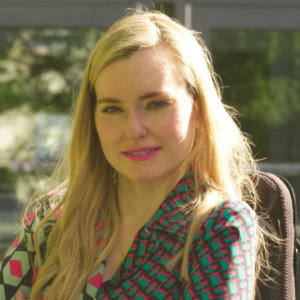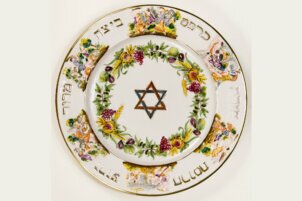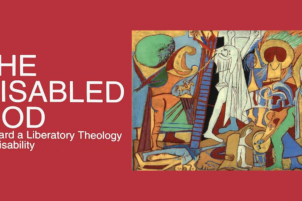An earlier version of this article appeared on the website Kol Birah, which has since gone out of business. It has been lightly updated and reposted with the permission of the author.
14 years ago, I appeared in front of the Rabbinical Council of America to gain their permission to officially convert to Judaism. The Rabbi asked me one pointed, unforgettable question: “As a [non-Jew], you are able to marry most anyone in the world. Why would you convert and limit yourself to less than 2 percent of the population?” For me, the answer was simple. I only wished to marry a Jewish man and to raise my children with Jewish values. If I remained a non-Jew, I would be unable to marry anyone. Alas, over a decade later, I am still unmarried.
Before joining the Jewish community, despite my disability, I rarely struggled to find a partner. But once I was Jewish, and I was dating with the purpose of marriage, my love life changed dramatically.
Orthodox Jewish dating and matchmaking websites asked if I was disabled. And they asked whether I was willing to date someone with a disability. This algorithm was meant to weed out the untouchables. However, the website didn’t ask if I had a criminal record, was a pedophile, a dead-beat parent, a sociopath, bankrupt, perennially unemployed, or a philanderer. No. Jewish matchmakers seem to draw the line of defective at a disability.
As a result of this algorithm, I was never matched with anyone. Men responded that they would not date someone with a disability. This algorithm prevented them from seeing my picture or knowing that I am a highly educated attorney, writer, and activist who is worldly, witty and whimsical. They had no idea that they were rejecting one of Israel’s top 50 most eligible bachelorettes.
Without fail, strangers and some acquaintances made efforts to set me up with “the perfect man.” Ninety-five percent of the time, that man had a disability. The community assumed that my perfect match was also disabled, taking no consideration of any of our middot (character traits). The simple fact that two people have had to modify their lives around a disability to navigate in this world somehow translated to a perfect shidduch (match). But disabilities only guide how we access the world. They do not define how we opine on politics, religion, family planning, or how our personalities, intellect, and ideologies are formed.
The other 5 percent of blind dates were with actual untouchables: married men, grandfathers 40 years my senior, the perpetually unemployed, and, once, a convicted pedophile. These experiences led to my swearing off blind dates and internet dating.
I decided to only date men I knew personally. But these relationships often led to heartbreak. Boyfriends ended the relationship for a variety of reasons: Their rabbis advised them to. Their parents insisted that marrying me would ruin their lives due the burden of caring for me. They were overwhelmed by the difficulties of sharing a life with someone who endlessly faced inaccessibility. They were afraid one day they would resent me for my disability. They were afraid we’d have children with my disability. And some simply couldn’t handle the tzaddik (righteous person) status many placed on them for having the chesed (kindness) enough to love me.
Eventually, the frustration and heartbreak of dating became overwhelming. So, I decided that I was content being single. If the right man came along, then it was G-d’s will.
As I watch my friends, one by one, get married and have children, I often think back to that day I visited the RCA. I wonder, if I had chosen a larger dating pool over religion, whether I’d be married with children today. I’ll never know. But I do know that I am G-d’s child, and I don’t need to be married to have purpose. And I’ve found that one of my purposes is to educate the community on the importance of treating disabled Jews no differently than nondisabled Jews.
Our greatest prophet, Moshe, had a disability — a speech impediment. Thank G-d, Moshe did not have to use dating websites, matchmakers, or live in today’s society, which is overly obsessed with aesthetic beauty. Otherwise, he may never have met Tzipporah. It was her love and support that gave him the strength to free us from slavery and lead us to Israel.









May happiness always find you. Glad that you are still kicking a** on this crazy planet of ours.
What an amazing post this is – I can completely understand the joy of accepting yourself as you are and being content to stay single unless someone comes along who is ready to accept you as you are. I’m in the same boat, even though I’m not Orthodox. Thank you for this inspirational post that put so many of my thoughts into words.